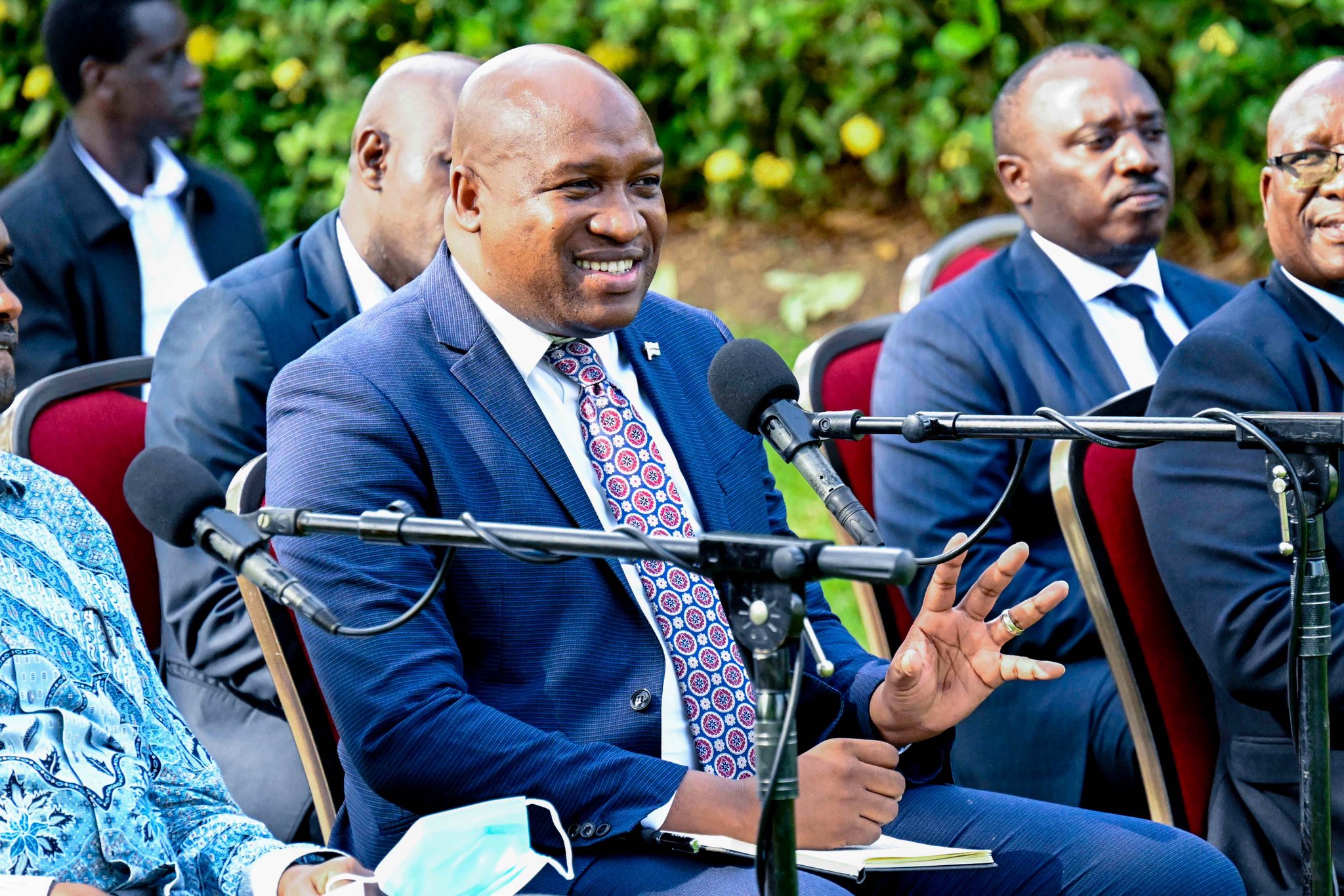2024 U.S. Presidential Election: The Unexpected Focus on Women’s Bodies and Childbirth
As the U.S. presidential election heats up, a surprising topic is emerging at the forefront of the political landscape: women’s choices around childbirth. In previous elections, topics like immigration (2016) and the pandemic (2020) dominated debates, but in 2024, the discussion has shifted to a deeply personal issue—whether or not women should have children, and who gets to decide.
During last night’s debate, expected topics like the economy, immigration, and foreign policy were discussed. However, Kamala Harris and Donald Trump locked horns over a subject that may define the race: abortion and women’s reproductive rights. Harris delivered a passionate defense of a woman’s right to choose, highlighting stories of medical emergencies and the risks women face when abortion is restricted. She placed the blame squarely on Trump and his past administration for curbing access to reproductive healthcare.
Trump, on the other hand, dismissed Harris’s claims, reiterating his stance that he supports abortion exceptions only in cases of rape, incest, or when the mother’s life is at risk. But it wasn’t just a debate over abortion rights—it was a debate over women’s autonomy and the control society and politicians attempt to exercise over their bodies.
From Political to Personal: Taylor Swift Weighs In
After the debate, the conversation moved from the political stage to social media, where pop superstar Taylor Swift made headlines. Responding to comments made earlier in the campaign about women without children, Swift posted a photo on Instagram, captioning it, “Signed, a childless cat lady.” The post, while humorous, was a clear critique of the societal pressure placed on women to become mothers and the criticism faced by those who don’t.
Swift’s post was met with an unexpected response from Elon Musk, who took to X (formerly Twitter) to address her. “Fine, Taylor, you win. I’ll give you a child and guard your cats with my life,” Musk wrote. While some took the comment as a joke, others found it inappropriate and indicative of a larger issue—men feeling entitled to make unsolicited comments about women’s choices, particularly around motherhood.
Elon Musk and the Population Debate
Musk’s response struck a nerve, not just because of his casual tone but because of his personal history. He has fathered 12 children, and his views on population growth and reproduction have often raised eyebrows. Musk has spoken about a “population collapse,” pushing for more births as a solution. He has even joked about doing his part by fathering many children.
Yet, his flippant remark to Swift raised uncomfortable questions about how powerful men, like Musk, Trump, and others, weigh in on issues that should be private. Musk’s comment wasn’t just about Swift—it was part of a broader narrative in which women’s bodies and reproductive decisions are treated as public property, open for comment, critique, and control.
The Politicization of Childbirth
The debate over childbirth is not confined to Musk or Trump—it has long been a political battlefield. Donald Trump has hinted at supporting a national abortion ban, while his running mate J.D. Vance has publicly criticized childless women, suggesting that motherhood gives a woman a stake in the future. Such rhetoric reinforces harmful stereotypes and societal expectations, where women are often judged based on their decision to have children.
This isn’t just a Republican issue. Joe Biden, despite his long-standing Catholic beliefs, has had to navigate the abortion debate cautiously. Historically opposed to abortion, Biden now supports reproductive rights as part of the Democratic platform, but his personal discomfort with the issue has been apparent.
It’s a similar story in countries around the world. In France, President Emmanuel Macron pushed for abortion rights to be included in the constitution, but critics argue it was a political move to curry favor rather than a genuine commitment to women’s rights. In Poland, abortion was banned under the right-wing government, and now the new administration is looking to reverse that decision. This constant political flip-flopping demonstrates that women’s reproductive choices are often treated as bargaining chips in power struggles.
The Burden of Childlessness
Beyond the political arena, there’s the societal expectation that women should want—and have—children. Those who don’t are often criticized, labeled as “selfish” or “incomplete.” Theresa May, the former UK Prime Minister, faced such scrutiny when she was running for office in 2016. Her opponent implied that May’s lack of children meant she had less of a stake in the future, an insulting suggestion that dismissed her qualifications and leadership experience.
Women across the world face these same pressures. Those who choose not to have children, or who are unable to, are frequently subjected to judgment. Terms like “childless cat lady” or “old maid” are still used to demean women who don’t conform to the expectation that they will become mothers. Meanwhile, men who have children are rarely judged for their choices, even when they father multiple children with different partners, as Elon Musk has.
This societal double standard places the burden of childbirth solely on women, expecting them to not only give birth but also bear the brunt of child-rearing and unpaid labor at home. Men, on the other hand, are often celebrated for merely participating in fatherhood, with little expectation of their involvement in the day-to-day care of their children.
The Real Issue: Women’s Choices
As the 2024 election unfolds, it’s clear that issues surrounding women’s bodies and reproductive rights will remain central to the campaign. But these are deeply personal decisions that shouldn’t be used for political gain. Whether it’s Donald Trump debating abortion, Elon Musk making offhand comments about fathering children, or Joe Biden navigating his complex stance on abortion rights, the conversation should focus on allowing women the freedom to make their own choices.
Women’s bodies are not battlegrounds for political rhetoric. The personal decision to have—or not have—children should be respected and supported, not judged or exploited for political advantage. Instead of using reproductive rights as a political weapon, it’s time for society to move forward, creating policies that support families, respect women’s choices, and ensure that no woman feels pressured to conform to outdated stereotypes.
The focus should be on policies that genuinely help women and families—like affordable childcare, paid family leave, and reproductive healthcare—rather than on policing women’s personal choices. As long as men like Musk, Trump, and others continue to dominate the conversation with their views on women’s bodies, true progress will remain elusive.






